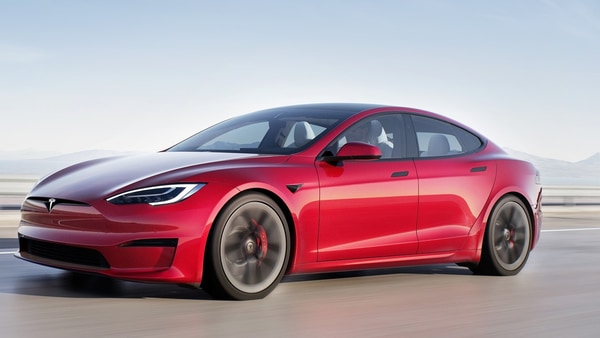Is sale of Tesla models going to change the way cars are sold?
Tesla has been shattering production and delivery records amid industry-wide headwinds.


According to a MarketWatch editorial post, Tesla's direct-to-consumer strategy changes the game for consumers by removing the lengthy days spent haggling prices at a dealership. Additionally, it eliminates the need for dealerships to stock 900 vehicles on the lot at any given moment when purchasers prefer to purchase online.
Whereas manufacturers previously believed they could rely on dealerships, the COVID-19 pandemic has demonstrated that this is also untrue. As a result of the pandemic-induced chip scarcity, manufacturers reduced production and reduced 900-car lots to just 50, despite the fact that sales remained solid – consumers were proving more content with a test drive before purchasing vehicles online.
In other states, legislative regulations continue to prohibit these direct-sales strategies. Tesla, on the other hand, must exploit legal loopholes in areas such as Texas in order to sell directly to local buyers.
Other examples include Oklahoma, where Tesla has asked for assistance in challenging legislative efforts to prohibit direct sales, and New Mexico, where the company is required to use Native American reservation property to circumvent direct sales prohibitions. Meanwhile, used automobile sales are increasing across the board, as many of them are exempt from dealership protection rules.
Advertisement
Nonetheless, it's only a matter of time before the car industry's pre-internet dealership fantasies come tumbling down, with some traditional automakers already transitioning to a model more like to Tesla's in response to the emergence of EVs. For example, Volkswagen recently announced the commencement of an online sales programme for its forthcoming EV models ID.4 and ID.5, while Volvo has revealed ambitions to sell exclusively online by 2030.
While the transition will improve the ordinary consumer's buying experience by eliminating dealerships, it may not necessarily improve the buyer's budget-especially not initially, as the initial cost of EVs stays high until mass adoption occurs. According to Kelley Blue Book, the average price of a vehicle has surpassed $47,000, and with inflation at 8%, consumers should expect to pay a little more for vehicles for a lot longer before EV prices fall.
Regardless of pricing, Tesla's unusual sales methodology benefits purchasers in the majority of cases. And, however gradual the transition, it is almost clear that dealerships as we know them will vanish.
Advertisement